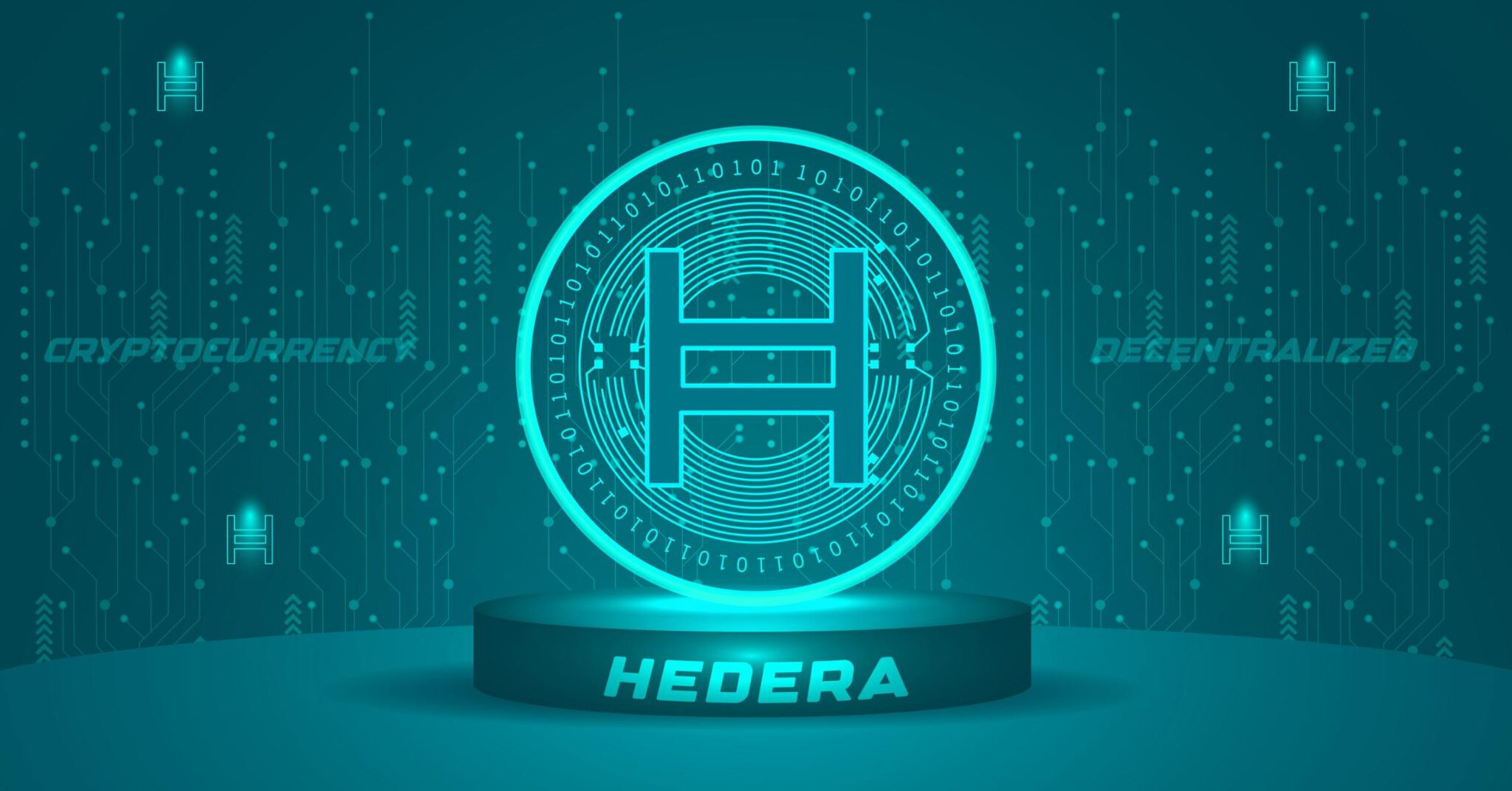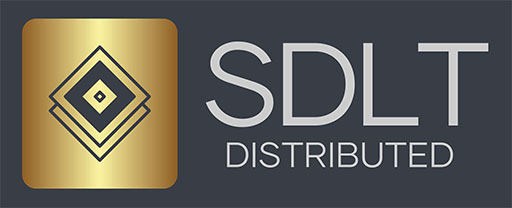
Hedera Empowers Zoniqx to Transform Real-World Asset Ownership with Blockchain
- Tokenization platform Zoniqx taps Hedera to drive its tokenization agenda.
- The duo has a strong focus on sustainability amid the RWA push.
Zoniqx, a global fintech company specializing in converting real-world assets into Security Tokens, intends to change the tokenization landscape with the Hedera network. Zoniqx is on track to leverage Hedera’s capabilities to transform Real-World Asset (RWA) in a sustainable way.
Why Hedera?
Zoniqx chose Hedera because of its high performance, security, and scalability. Companies seeking to optimize operations have turned to Hedera for solutions, ranging from safe data sharing to tokenized assets.
Per security, Hedera’s consensus mechanism can provide total fairness of transaction order, which is critical for maintaining the integrity of tokenized RWA.
Building the foundation for the tokenized economy with @zoniqxinc and @hedera‘s powerful technology.
Zoniqx is setting a new standard in real-world asset (RWA) #tokenization by leveraging #Hedera‘s unmatched performance, security, and scalability.
Traditional #assetownership… https://t.co/n2gdsl6EMz
— Zoniqx (@zoniqxinc) December 10, 2024
Leveraging Hedera’s capabilities, Zoniqx hopes to set a standard in RWA tokenization. Traditional asset ownership frequently confronts challenges like low liquidity, inefficiency, and expensive operational costs.
Zoniqx plans to bridge the gap by leveraging Hedera’s Distributed Ledger Technology (DLT) architecture to deliver seamless solutions that empower issuers and investors.
Essentially, Zoniqx will utilize Hedera’s innovative technology to provide faster transactions, lower costs, and unparalleled security, making asset ownership more accessible to blockchain users.
Furthermore, Hedera’s robust ecosystem ensures smooth compatibility with Zoniqx’s current infrastructure, particularly regarding EVM and non-EVM interoperability. This allows for fast integration of Zoniqx’s tokenization solutions with other Hedera technologies.
Hedera’s dedication to ensuring regulatory compliance also makes it an ideal choice for Zoniqx’s security token offerings, ensuring compliance across various jurisdictions. Moreover, Hedera’s strong focus on sustainability complements Zoniqx’s initiatives on tokenizing carbon credits and green energy projects.
What Zoniqx Offers to Blockchain Users
Zoniqx aims to revolutionize asset ownership, trading, and management. The firm initially focused on real estate investment and has evolved into a comprehensive solution for anyone looking to tokenize RWA. Zoniqx believes tokenization offers the opportunity for asset owners to raise capital more efficiently and attract a broader investor base.
The Zoniqx platform is designed to streamline the complete tokenization cycle, from issuance and distribution to secondary trading and asset retirement.
Zoniqx provides solutions for converting RWAs into digital tokens while ensuring compliance, interoperability, and liquidity across global markets. Zoniqx is bridging the gap between traditional finance and the blockchain-powered future, from real estate to alternative assets.
The platform’s tokenization efforts revolve around its unique Dynamic Compliant Interoperable Security Token (DyCIST) protocol. DyCIST simplifies the tokenization process while maintaining regulatory compliance across multiple jurisdictions.
CNF reported in July that Zoniqx integrated Chainlink’s Cross-Chain Interoperability Protocol (CCIP) on its DyCIST solution. With CCIP, Zoniqx will aim for seamless interoperability across its platform.
Zoniqx is set to expand its platform globally, with projects launching in Germany under BaFin laws. Plans are also in place for expansion in London and Dubai. This will further strengthen its already strong position in the US market.
Recommended for you:
This article is provided for informational purposes only and is not intended as investment advice. The content does not constitute a recommendation to buy, sell, or hold any securities or financial instruments. Readers should conduct their own research and consult with financial advisors before making investment decisions. The information presented may not be current and could become outdated.
